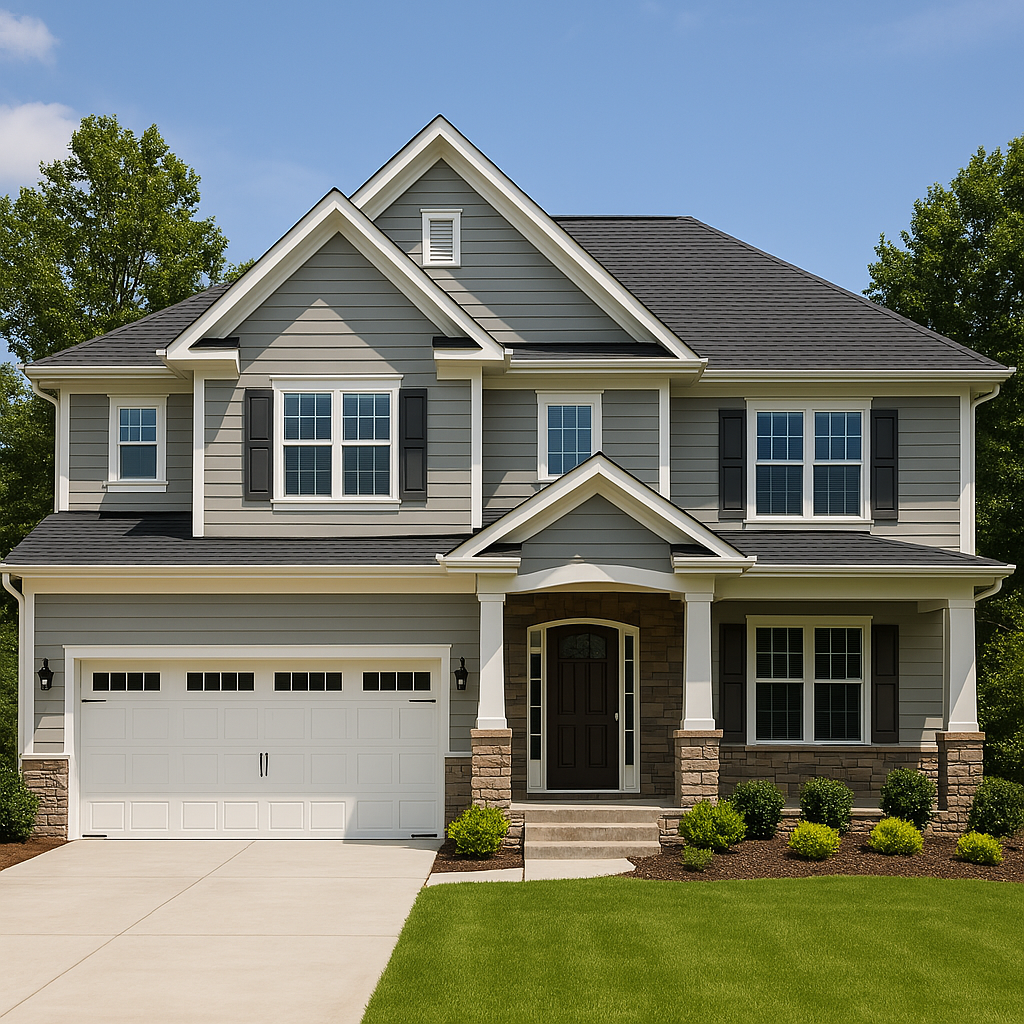Choosing the Ideal House Size (Without Going Crazy!)
To be honest, house hunting is thrilling until you start to feel overwhelmed with inquiries such, “Do we really need that extra bedroom?” or “Will I regret not having a larger kitchen?” Choosing the appropriate house size is about balancing your demands, money, and sanity, not only about square size. So, before you commit to a mansion (or a shoebox), let’s examine the important elements to take into account.

Who Is Moving In? And Who Could Come Later
First things first—who lives in this house? While a family of five will want room for mayhem (and storage), a lone professional may flourish in a warm one-bedroom. But don’t only consider today. Will children be in the future? Will senior parents one day relocate in? A spare bedroom today could prevent you from another difficult relocation later.
Now let’s discuss visitors. A small living room might make every visit a game of human Tetris if you enjoy entertaining family or friends. Conversely, if you prefer “quiet nights in,” additional space can simply imply more rooms to clean.
The Goldilocks Principle: Not Too Large, Not Too Small
Have you ever entered a home and said, “Wow, this feels just right?” That’s the ideal. Too much room results in greater utility costs, extra cleaning, and the unsettling echo when you shout, “Dinner’s ready!” Too little, and you’ll be stumbling over pet toys and backpacks.
A good guideline? Most people find about 200-400 sq ft per person to be comfortable. But working from home calls for more space for an office. Enjoy cooking? A little kitchen will make you crazy. Consider how you really live, not only how you fantasize about living.
Your Budget (And the Hidden Expenses)
Of course, a larger home sounds wonderful—until you look at the heating cost. More room equals more costs: more expensive maintenance, more mortgage payments, and don’t even get me started on property taxes.
Before succumbing to that five-bedroom charm, consider whether you can afford to decorate it. Will I spend weekends only maintaining it? Occasionally, a smaller, well-designed house saves money (and stress) long-term.
The Timeless Conflict: Location vs. Space
The real estate question is: a small home in the city or a large one in the suburbs? You might give up square footage if you desire walkable cafes and brief commutes. You can buy more home for your money further out if you don’t mind going all over.
Consider your way of life. Do you require a yard for pets or children? Would you prefer to be feet away from parks and restaurants instead? There is no correct response; only what suits you.
Future-Proofing: Will This House Still Suit in Five Years?
Life changes quickly. After a child (or a pandemic-related home office), the “perfect” two-bedroom may seem small. Conversely, empty nesters may come to regret purchasing a large home once the children go. Consider whether this house is adaptable. Is it possible to convert a basement? Is there space to grow? A little forethought will help you avoid yet another tiresome relocation.
The Bottom Line: Follow Your Instinct
Ultimately, the correct house size is about your comfort—not what seems nice on paper. Spend time in the area before signing anything. Can you imagine your everyday life there? Does it feel like home or more like a museum you dread touching? And keep in mind, no house is ideal. However, if you combine a little bit of heart with pragism, you will discover the one that is just perfect. Enjoy your house quest!